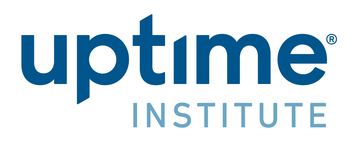The Uptime Institute has published a report looking into data center staffing and has found that it represents a significant and ongoing issue.
According to the company’s ‘2022 Management and Operations Survey,’ staffing is the biggest need for operators, with 54 percent saying that it is their top M&O concern, with sustainability coming in second at 46 percent.
The problem is also one that is growing, both in new hires, and retaining current staff. Companies struggling to hire qualified candidates have increased from 38 percent in 2018 to 52 percent in 2022, and retention issues have more than doubled, from 17 percent to 42 percent in that same time period.
Uptime also found that the gender gap has seen little change, with still over three-quarters of operators employing only 10 percent of women in their workforce. A further 20 percent of respondents employ no women at all in their design and operations teams.
Having a reduced workforce or one that is underqualified has a significant impact on the running of a data center. Staffing issues were three of the top four causes of management and operations issues (36 percent chose data center staff execution, 28 percent insufficient staff, and 21 percent incorrect staff processes, and procedures).
While many industries are currently worried about the human impact increased AI will have in reducing the number of jobs, the data center sector is conversely divided on whether AI will be reducing staffing levels. In 2019, 29 percent of respondents thought the next five years would see a reduction in the need for human employees. In 2022, this dropped to 19 percent.
Long term, 52 percent expect to see an eventual trend in reducing the need for employees.
Ultimately, staffing is an ongoing concern, and one that Uptime sees as getting worse before it gets better with a prediction that the industry will see a global increase in need from two million full-time employees in 2019, to 2.3 million in 2025.
The last few months have seen several tech companies laying off massive amounts of their workforce, including Microsoft, Ericsson, Dell, Telia, Google, Meta, Rigetti Computing, and ZTE, among others. Data center-centric roles have been mostly spared (outside of Twitter), but a number of companies have paused hiring.

